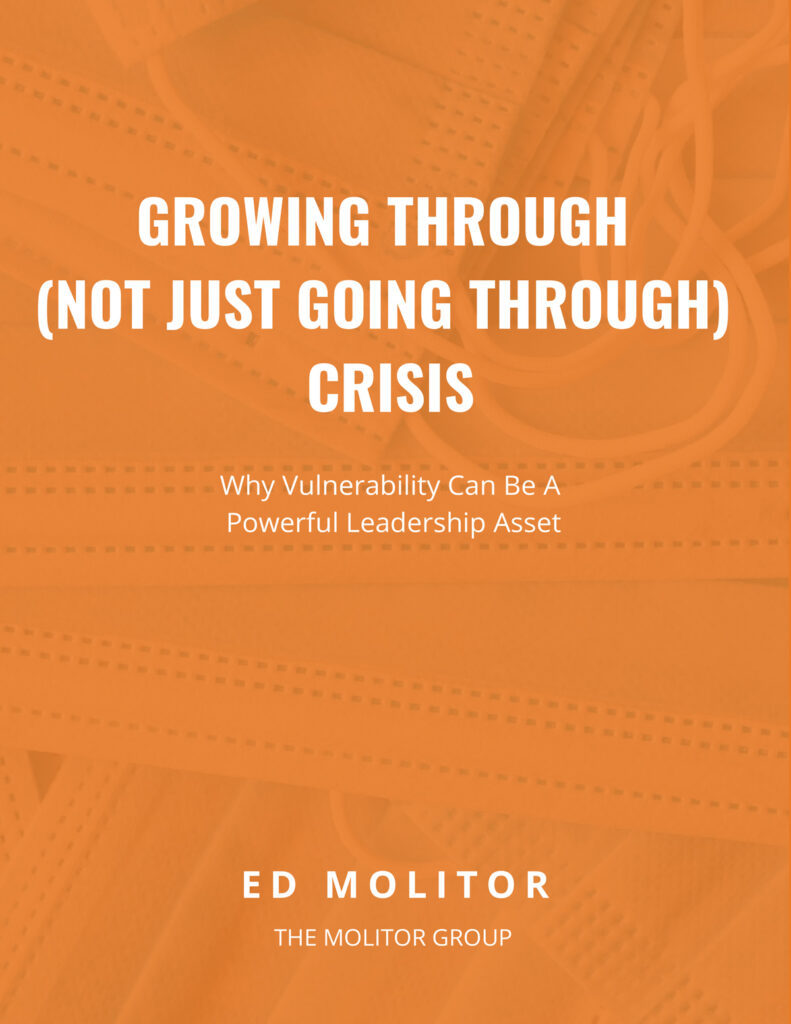When looking at a business or a sports team, the performance of the employees or team members is a direct reflection of how the leader performs. Leadership is directly responsible for the success or failure of a business or team–there’s no getting around that. But knowing that leadership is responsible for performance is different from understanding how to take that information and make it into something useful for a business. To be useful, a leader must decide how they want to lead their team. There are many styles of leadership, but one that is proving to have the best results is coaching leadership. But what is coaching leadership?
In short, it is a style of leadership that requires the team leader to guide the team and be supportive and collaborative. This leadership style encourages their team to communicate effectively.
A coaching leader will also often ask questions of their team members and facilitate change and development instead of dictating. It’s also important to understand that a coach is a leadership role that doesn’t end. Coaching within a team doesn’t end. There will always be new obstacles to overcome, and a supportive leader who coaches their team through each challenge is more likely to see long-term success.
The Dangers of Comfort
On a recent podcast, Episode 119, we had the pleasure of interviewing Bill Eckstrom, CEO and founder of the EcSell Institute. During our interview, Bill shared a deeply personal story of how he was fired from his job in 2008.
His story began with telling us about when he was preparing for a TED talk and was unsure what to say to an audience that would range in the thousands. At the time, he was talking to a few friends about what to say, and they said, “Well, Bill, why not talk about that time you were fired?”
Bill’s immediate reaction was that talking about that time of his life was too embarrassing and too painful. He couldn’t wrap his mind around telling that story.
However, what we discovered during our conversation was inspiring.
Overcoming Adversity
Due to the discomfort getting fired put him in, Bill rose from his embarrassment and career rock bottom to create a thriving business.
Bill admitted that if he had been asked before 2008 if he would ever consider becoming an entrepreneur, he would have said yes. But he also said he would never have taken action. At the time, Bill was comfortable in his job and his life. He had no reason to rock the status quo.
But that little bit of disruption changed the course of his career and life forever.
The lesson we can take from Bill’s experience is when you are comfortable, you aren’t growing.
In the podcast episode, we can discover how Bill’s willingness to get out of his comfort zone and share his story helped the audience and helped him further his business. Because Bill was willing to get uncomfortable, he was able to find new opportunities that helped expand his business, get his name out there, and even help him sell books, earn subscribers, and ultimately make more money.
Discomfort Can Help a Leader Flourish
What we learned from Bill is that being comfortable may not always be the best thing for us. It can hinder us from reaching our full potential and can stop us from thinking about our futures.
Bill, along with many other coaches, believes that experiencing discomfort is the only way to grow. While that goes against everything people are taught to think, research has proven that the most successful people push themselves into a state of discomfort.
Getting into a state of discomfort isn’t easy. As humans, we are wired to crave comfort.
Even if you manage to get into a state of discomfort, it’s easy for your brain to get back into old patterns and behaviors, and you will catch yourself slipping back into comfort.
How Does Being Uncomfortable Fit With Coaching Leadership?
As a leader, if you improve how you approach your business and your employees or team members, your team’s results will also improve. No matter how a company is performing, whether it’s doing poorly, well, or mediocre, it directly results from how leadership is doing.
By putting yourself into a state of discomfort and growing, your team will grow with you.
If you would like to hear more answers to the question “what is coaching leadership?” and how the state of comfort and discomfort can hurt and harm your business, be sure to listen to the entire podcast episode. Also, consider working with us to help with your leadership and teamwork at your workplace.




